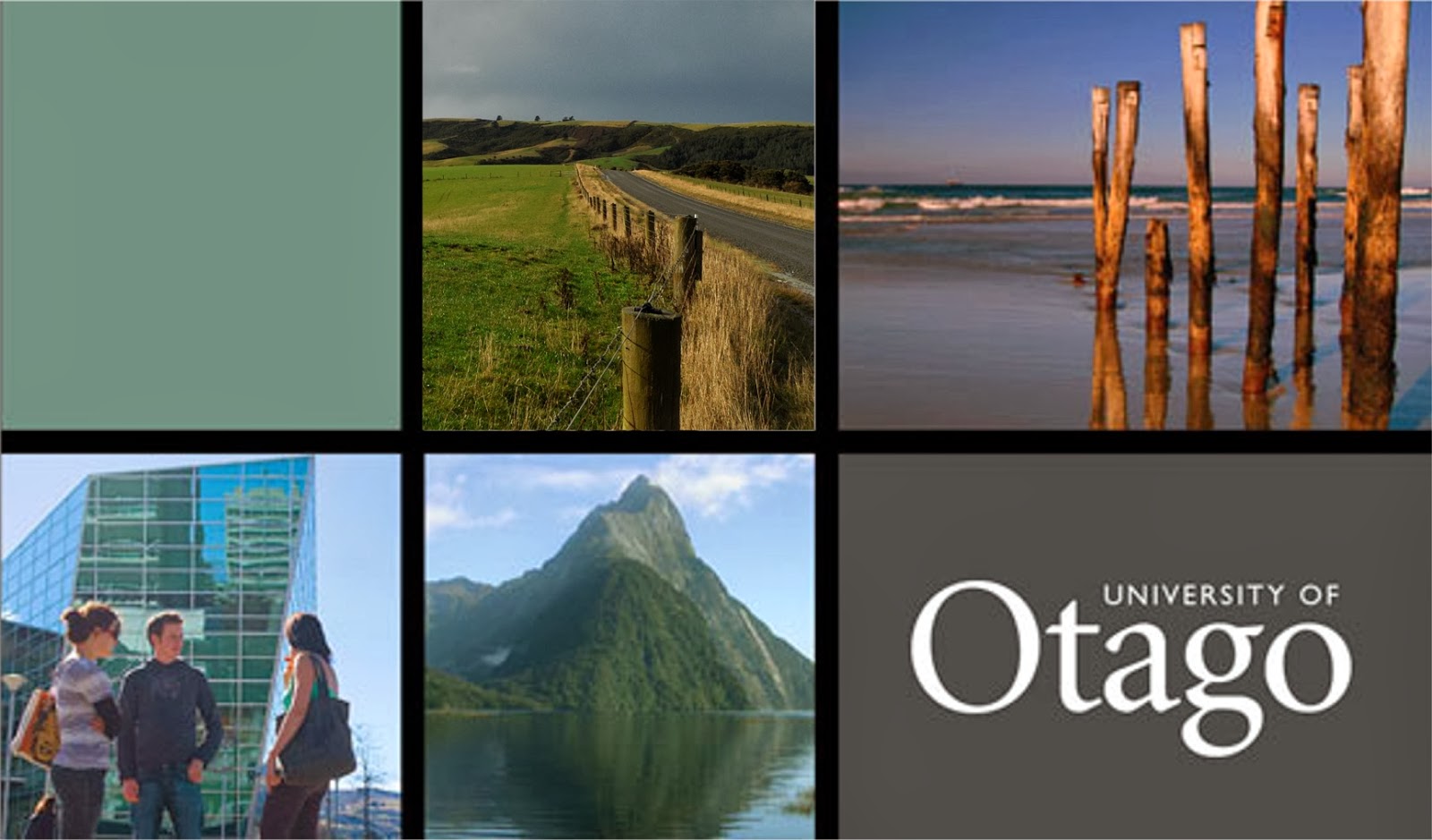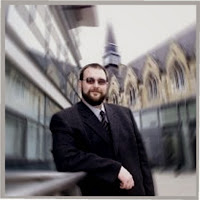The Top FT Global MBA 2014 rankings are out and Harvard tops the list, followed by the perennial cast of characters: Stanford, London Business School, Wharton, and Columbia. And, just a week ago The Economist ran a story, "Build it and they will come," documenting the excesses of top MBA programmes. Here's an except:
"Business school students are a pampered bunch. Scholars sipping a glass of red in the posh rooftop bar of Oxford’s Saïd Business School could be forgiven for thinking they had wandered into the nearby Randolph Hotel by mistake. Stanford students can view an impressive modern-art collection housed in its own museum. Harvard Business School MBAs can book a masseuse to relieve the stress of a hard day slaving over case studies.
Life for the next generation of business students is to get even cushier. In the past few years the leading schools have been raising vast amounts to spend on new facilities. On January 9th Yale’s School of Management formally opened its swanky new home, designed by Foster + Partners, Norman Foster’s architecture practice. The Kellogg School of Management in Illinois will soon start work on a new headquarters for its MBA programme on the shores of Lake Michigan, at a cost of $200m. Stanford’s business school spent $345m on its new campus, largely thanks to the largesse of Phil Knight, the founder of Nike.
The biggest project, at least in terms of cost, is under way in New York. Columbia Business School is within touching distance of raising the $600m it needs to complete a new campus in West Harlem. From Cambridge, MA, to Cambridge, UK, an arms race is under way to provide MBAs with the plushest place to study."Questions arise about how these investments enhance the quality of education MBA students receive; the (perhaps distorted) expectations of graduates from these programs; whether these graduates make good colleagues; and what it takes to rank in the top 100.
The lasting influences of FT and Economist Top MBA rankings may be that they have turned graduate management education into big business in which scale (size) and "name" matter more than the individual; produced far too many "me too" programmes that mimic the top 100, but with fewer resources and more mediocre results; and distracted educators from delivering a transformational experience to students.
The Financial Times ran another article, "The Future of European MBA's," predicting the retrenchment (failure) of many MBA programmes and a return to relevance and rigor. So, how do we reconcile the mixed messages from ranking organizations and how much weight should we give to these summary statistics of questionable validity?
The Otago MBA management team made the decision long ago to design a fully-integrated
programme that delivers best value to our students and not compete head-to-head
with large scale "name" programmes.
David






















